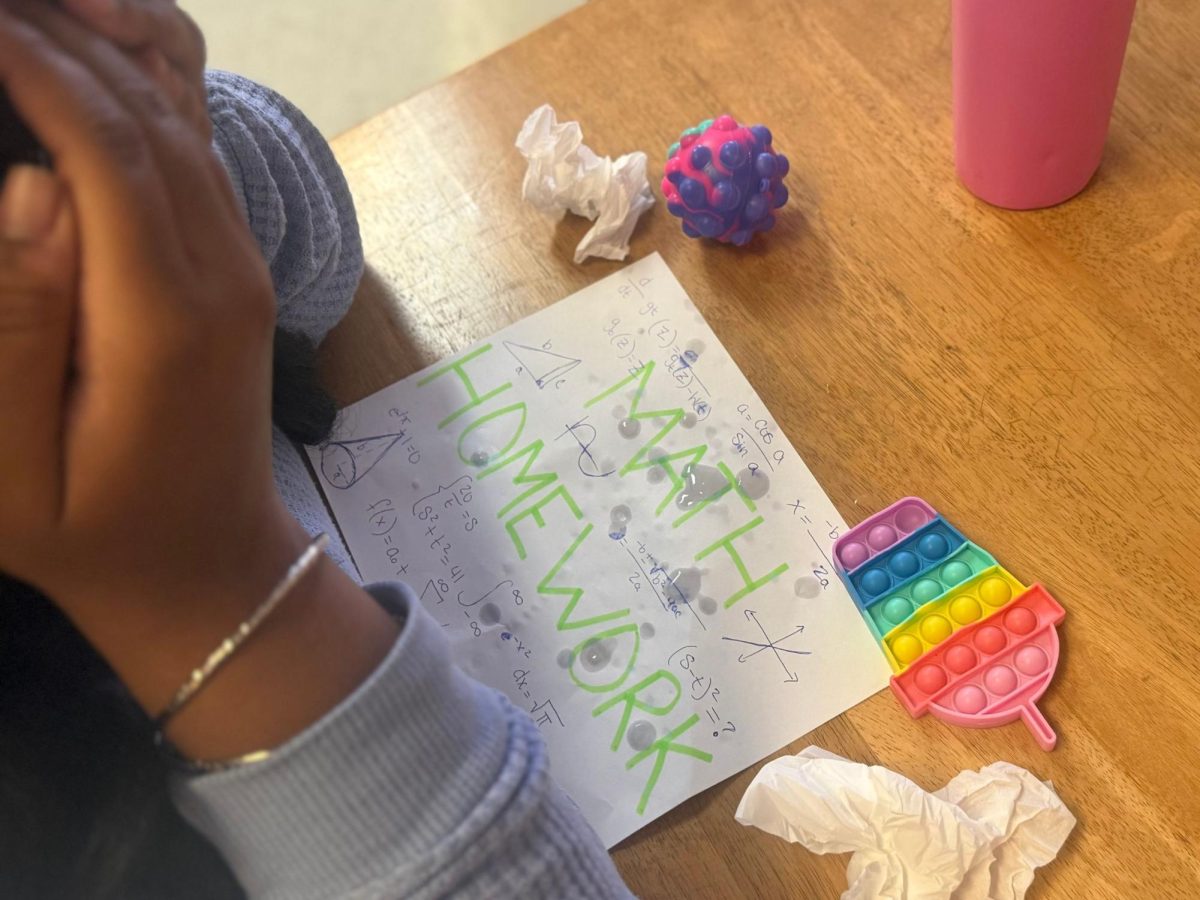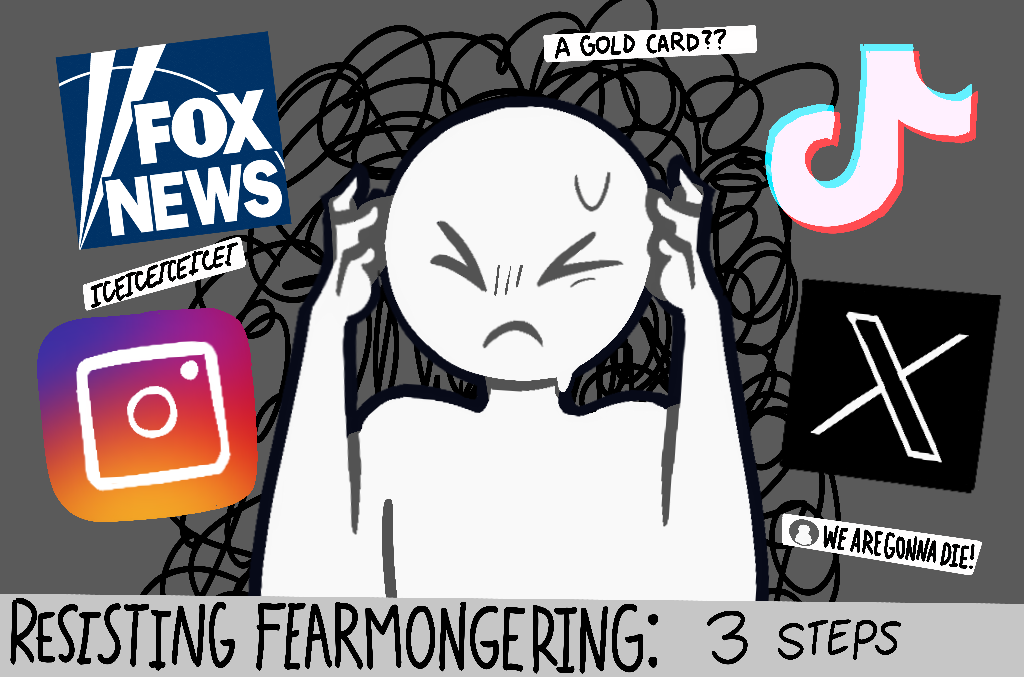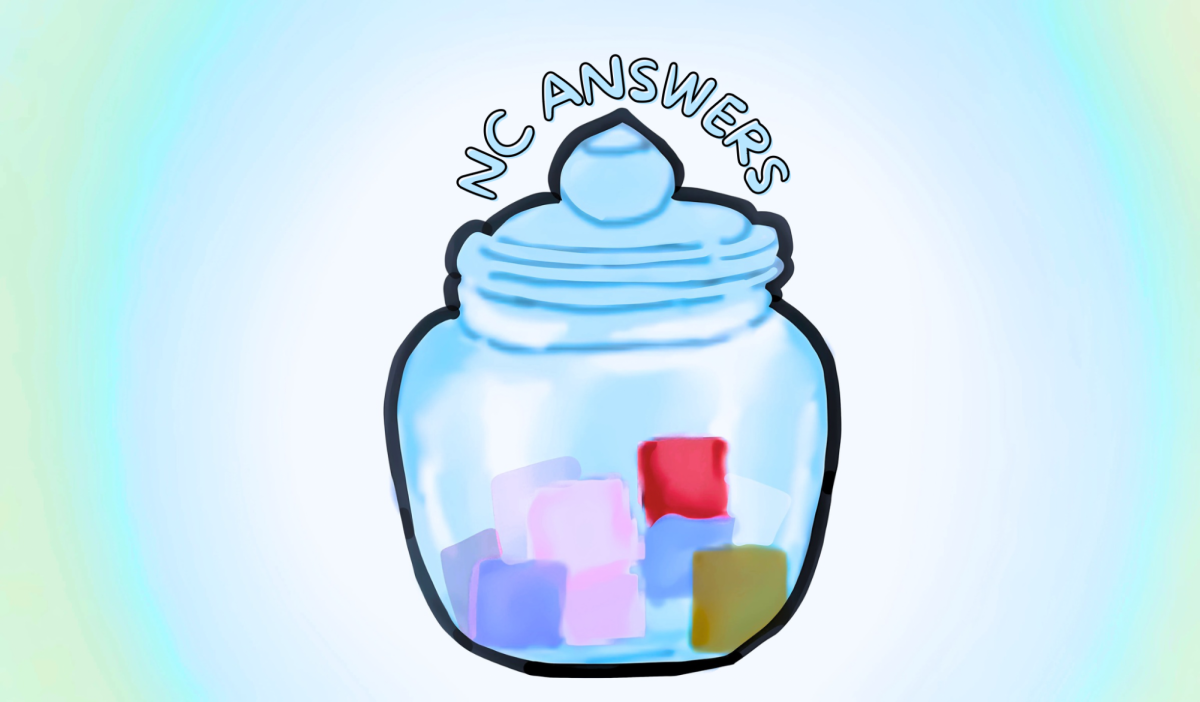Plenty of teens seek long-distance relationships (LDRs) during their high school years. LDRs may consist of couples simply attending different schools or even living hours away. Whatever the situation, people will experience positive and negitive effects of relationships.
“[Trusting] someone long distance is a lot harder [than trusting] someone in person, I feel like when there’s someone in person you definitely get to see them more and get to be more involved in their life rather than someone who’s online. I was too involved in having someone that I didn’t see who the real person behind the phone was,” sophomore Thomas Albritton said.
Several teens struggle with reassurance and may feel unstable in their LDRs due to the distance. Trust plays a major part in a relationship, whether the LDR succeeds or fails. Teens can end up heartbroken or even experience someone leading them on. Although people in LDRs communicate daily, people still feel an LDR possesses a greater impact on mental health than an in-person relationship. An LDR can cause both partners to seem overly-involved in the relationship to the point that they might start ignoring assignments or even missing school. If teens seem overly obsessive in their relationships, it may cause unhealthy issues or interfere negatively with everyday life.
“I think being in a long-distance relationship makes it easier to have time for them because you can really talk to them anytime, [although the distance] didn’t allow [my relationship]to get deeper, [the relationship] wasn’t too personal. It was like a face value relationship,” magnet sophomore Gabby Sutton said
An LDR can impact teens’ lives in a positive way, too. A healthy LDR can help people develop and improve their communication skills and can teach people to appreciate the time spent with one another, no matter how long or short it might seem. Not seeing a significant other frequently can put a strain on relationships; however, partners can work through the distance by using communication along with reassuring one another.
While teens in relationships can experience the positive and negative effects of an LDR, people can find ways to improve a relationship no matter the distance. A couple of tips to help LDRs stay healthy can include making each other a priority in daily life by setting aside time for each other and communicating. Reassurance impacts LDRs significantly if teens struggle with feeling stable. Couples can solve these distance issues by reassuring their partners when they communicate.
Dealing with the negative side of a long-distance relationship can seem difficult and put unnecessary pressure on both partners. Teens must remember that relationships experience rough patches and communicating in a healthy way can help them work through any issues that come up. Although that may not seem like the case, partners need to acknowledge when the relationship needs to end so both partners can grow independently.
















